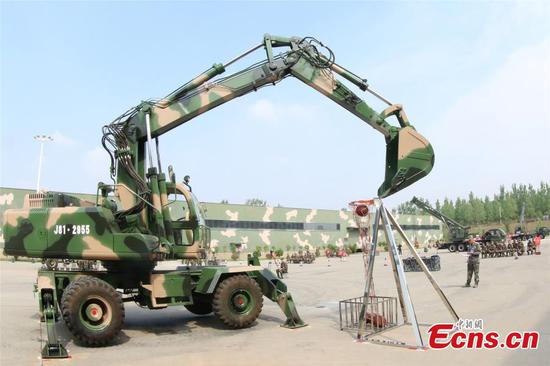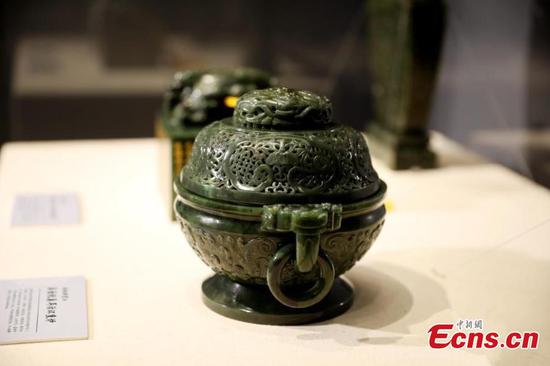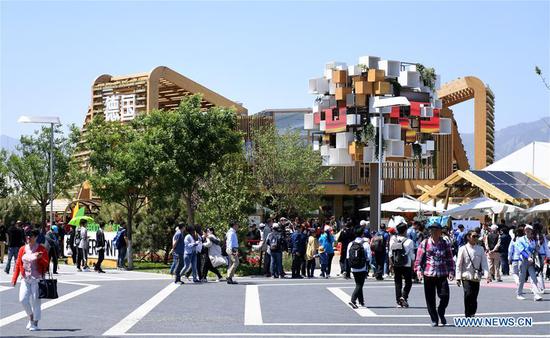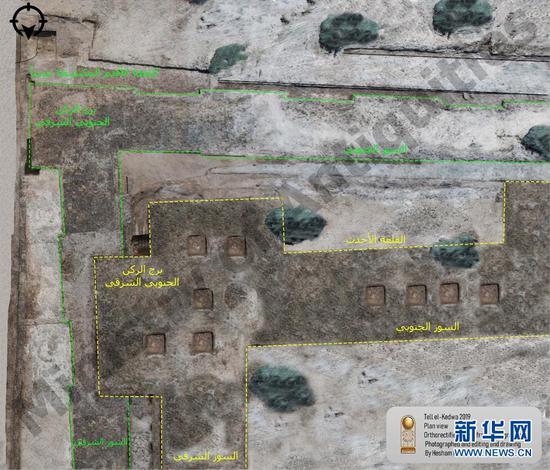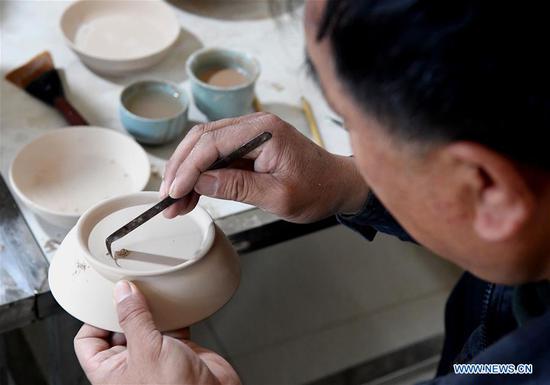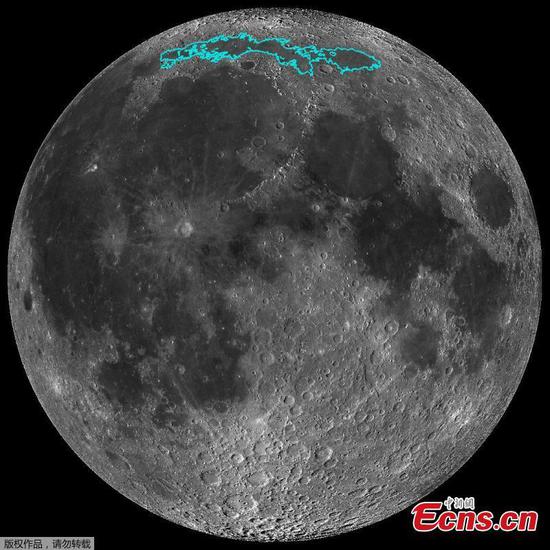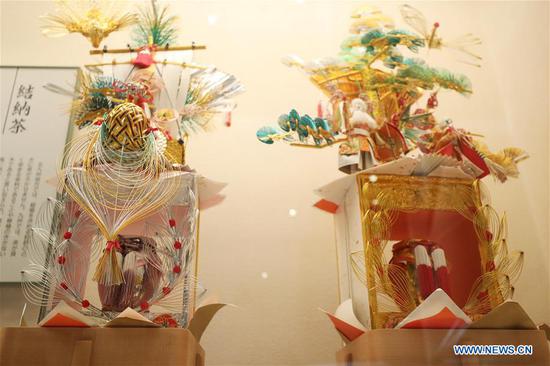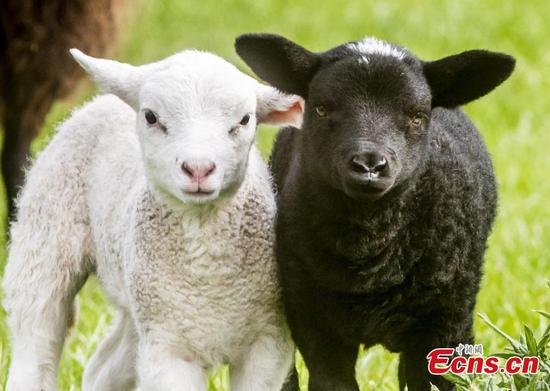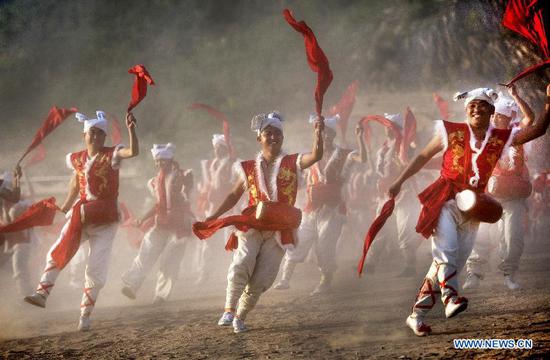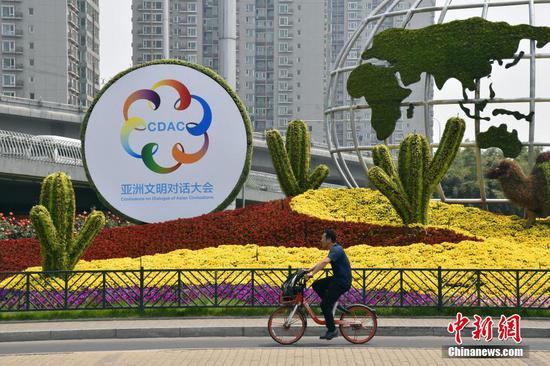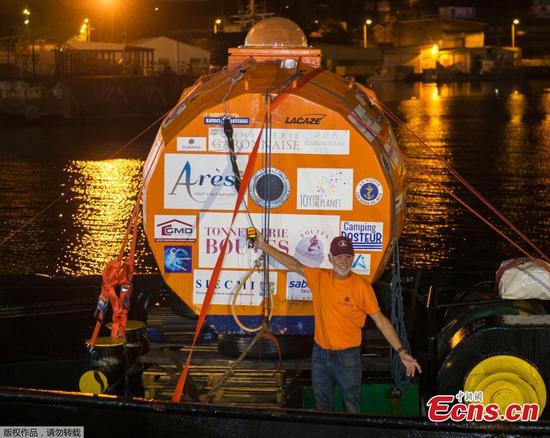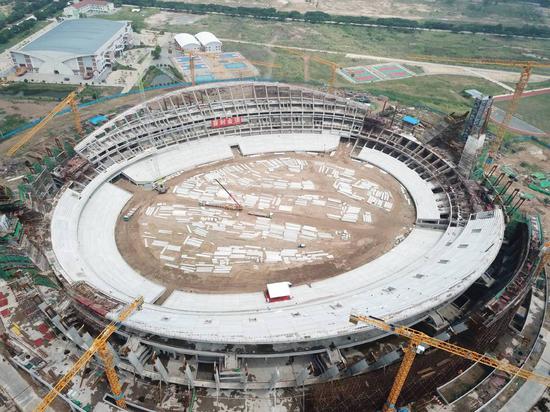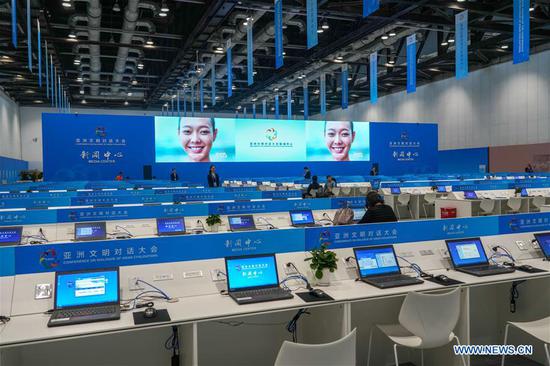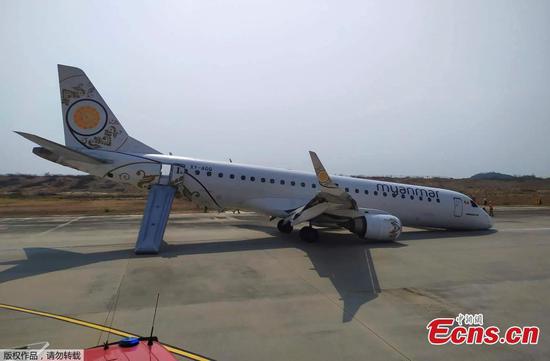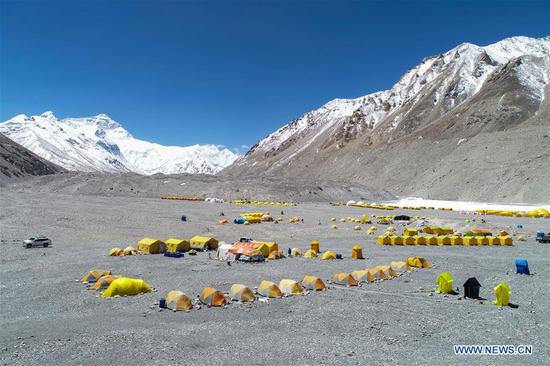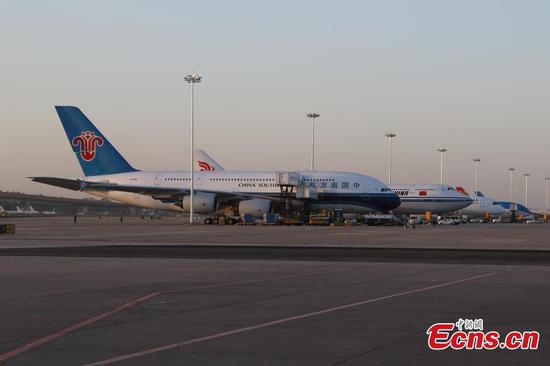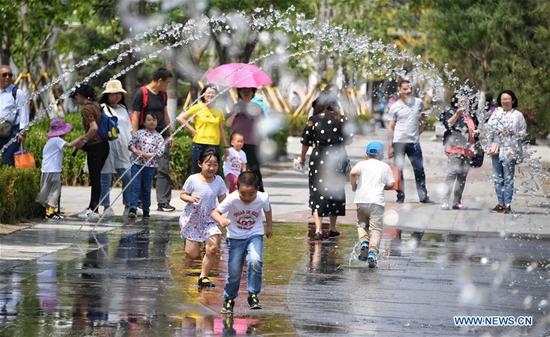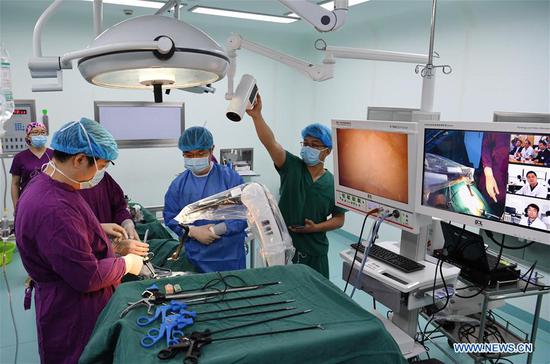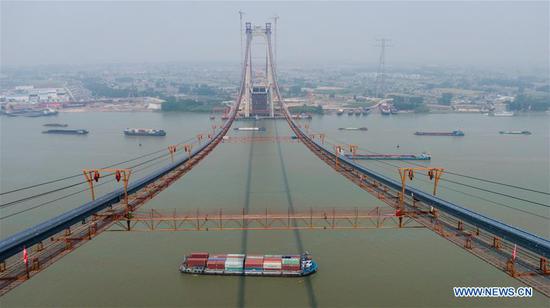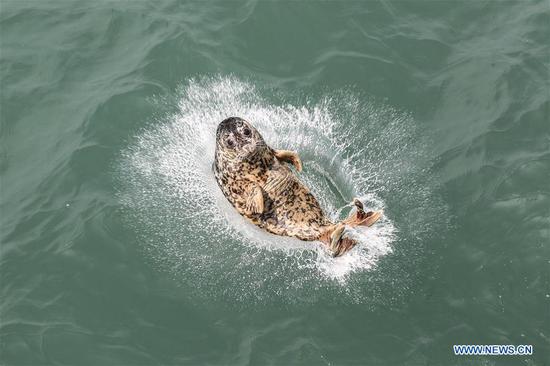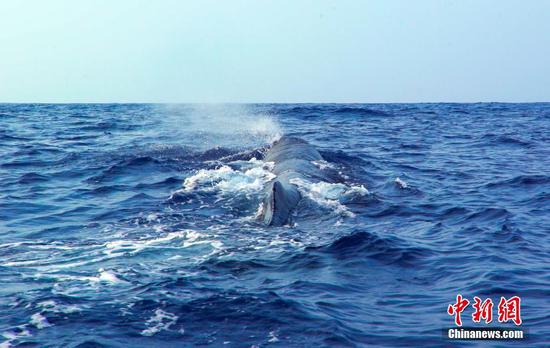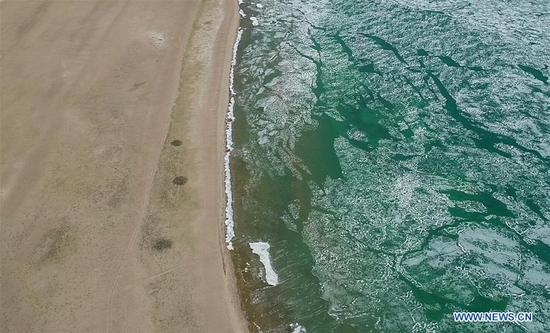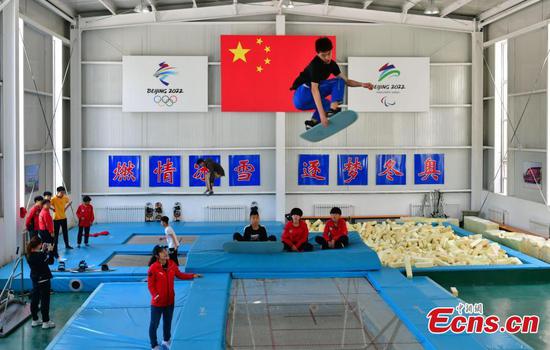The new hybrid rice variety developed by Yuan Longping, the “father of hybrid rice,” sees fruitful achievements in total output and saline land amelioration, showing a bright future for its role in addressing famine and improving the environment.
The super hybrid rice (Chaoyou 1000) cultivated in a test field in Sanya, southern China’s Hainan province, achieved an average yield of 887.9 kg per mu (about 0.07 hectares) on Saturday, which is believed to enough to safeguard the country’s self-sufficiency in grain production.
Besides increasing output, Yuan’s team also endeavored to breed salt-tolerant rice, which will improve the utilization of saline land.
The seeds are scheduled to be sown in six experimental fields, including Qingdao in eastern China’s Shandong province, at the end of this month, with the planting scale exceeding 10,000 mu this year.
The rice seeds in the experimental fields were selected from thousands of combinations. Though the whole process is costly, it is essential, said a local official.
The cultivation of salt-tolerant rice can improve total grain output and ensure the safety of food supply, according to Zhang Guodong, the deputy director of Qingdao Sea Rice R&D Center.
Zhang said that in the long run, the rice planted on saline land would gradually improve the soil and improve environmental protection.










